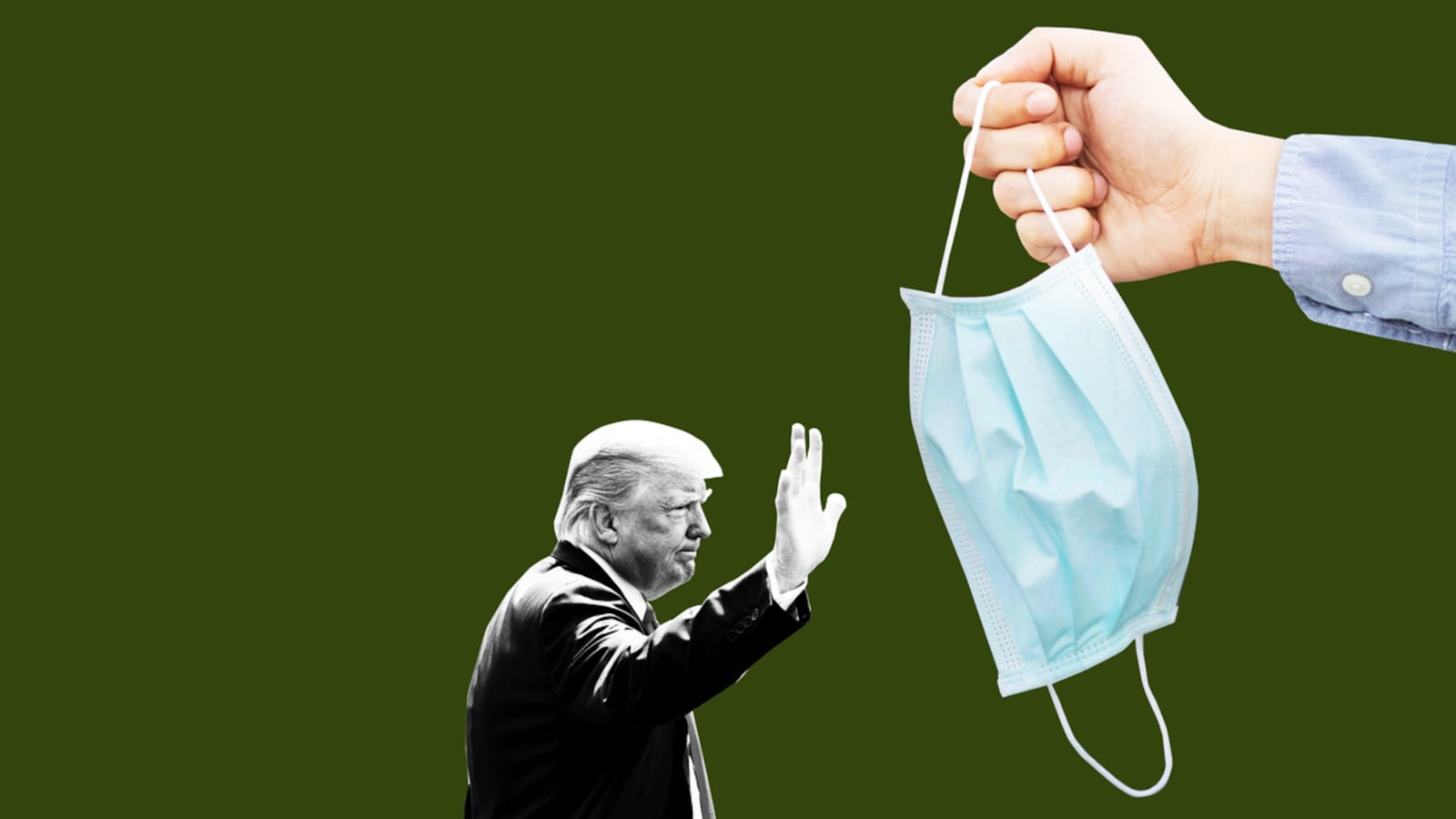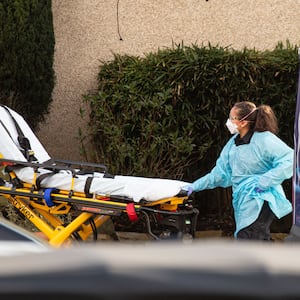President Trump was getting inaugurated later that week, so he was understandably absent when Bill Gates issued a prescient warning at the 2017 World Economic Summit in Davos, Switzerland.
“Ebola and Zika showed that the world is tragically unprepared to detect local outbreaks and respond quickly enough to prevent them from becoming global pandemics,” Gates said. "Without investments in research and development, we will remain unequipped when we face the next threat.”
In answer to that threat, Gates announced the formation of The Coalition for Epidemic Preparedness Innovations (CEPI). Private and public entities would join together with an essential goal.
“The ability to rapidly develop and deliver vaccines when new ‘unknown’ diseases emerge offers our best hope to outpace outbreaks, save lives and avert disastrous economic consequences,” Gates said.
The Bill & Melinda Gates Foundation was kicking in $100 million. Another $100 million was coming from the Wellcome Trust, a British foundation headed by Dr. Jeremy Farrar, who co-authored a 2015 article in the New England Journal of Medicine titled “Establishing a Global Vaccine-Development Fund.”
Along with vaccine pioneer Dr. Stanley Plotkin and the now deceased Dr. Adel Mahmoud, Farrar described an urgent need for such a fund to “provide the resources and the momentum” to carry vaccines through what they called “the so-called valley of death” of procedural hurdles that slow development and testing.
At the launch of CEPI in Davos, Farrar said, "We know from Ebola, Zika and SARS that epidemics are among the significant threats we face to life, health and prosperity.”
He went on, “Vaccines can protect us, but we’ve done too little to develop them as an insurance policy. CEPI is our chance to learn the lessons of recent tragedies, and outsmart epidemics with new vaccine defences.”
He concluded, “If others join us in supporting CEPI, we can realise our goal of creating a safer world.”
Those who joined included Norway, which put in $120 million and provided CEPI with a homebase. Japan put in $125 million. Other contributions came from Germany, Britain, Canada, Ethiopia, Australia and Belgium.
Those who did not join included the United States, which had had plenty of opportunity over the past three years. Our germaphobe-in-chief does not seem to know much about germs, imagining that he could better keep America safe with a border wall than with vaccines against a real threat.
And that gave rise to a certain irony on Monday, when Trump and Vice President Pence met with pharmaceutical executives in the cabinet room at the White House to discuss the prospects of vaccine for novel coronavirus, COVID-19.
“How fast can you get it done?” Trump asked.
The most optimistic answer came from the founder and CEO of a company that has benefited from CEPI funding.
“Mr. President, Mr. Vice President, my name is Joseph Kim,” the executive began. “I run a company called Inovio Pharmaceuticals out of Pennsylvania. We’re a proud American biotech company with R&D and manufacturing in California as well. Inovio is the leader in coronavirus vaccine development in the world.”
Kim reported that when the threat of COVID-19 became clear, his company applied “our very innovative 21st-century” technology to the genetic profile of the virus that Chinese authorities made public.
“By getting just the DNA sequence of the virus, we were able to fully construct our vaccine within three hours,” Kim went on. “Our plan is to start the US-based clinical trials for COVID-19 vaccine in April of this year, followed by shortly thereafter a trial in China and South Korea. There are a lot more infections in those areas.”
“We can give you an area, too,” Trump said. “I mean, you take a look at Seattle again, we can give you an area.”
“Absolutely,” Kim said.
“If you don’t mind, yeah,” Trump said.
“With existing resources and capacity, by end of this year, Inovio could deliver about one million doses,” Kim said. “But to scale beyond that, we need your help, Mr. President. We need to work with you and your agencies… to help us scale our vaccine to manufacture in America, to protect the American public, also to lead the world in vaccine development from America. Thank you very much.”
Here came an added irony, for “thank you” was the only English Kim knew when he emigrated to America from Korea four decades ago, at the age of 11. He arrived with his mother, who brought her life savings of $300. They would have been excluded under the means test for immigrants the Trump administration instituted last month.
“All right, thank you very much,” Trump now told Kim. “You’ll have our help. Thank you.”
The other firms represented at the meeting included Moderna, which has also received CEPI funding to speed up the vaccine process. Moderna told Trump it has already produced several vials and plans to begin testing in the spring. A third firm in the race to develop a vaccine, Novavax, has received funding not from CEPI, but directly from Gates’ foundation. Gates is proving “billionaire” is not necessarily a pejorative.
Inovio is favored to win the race. If it does, we would all have cause to share Kim’s gratitude for the person who did even more than Gates, Farrar, and CEPI to make a vaccine possible.
“I thank my mom’s foresight,” he told Pharmaceutical Executive magazine. “She brought me to America mostly for my education and better economic opportunities. It’s a typical immigrant story.”







